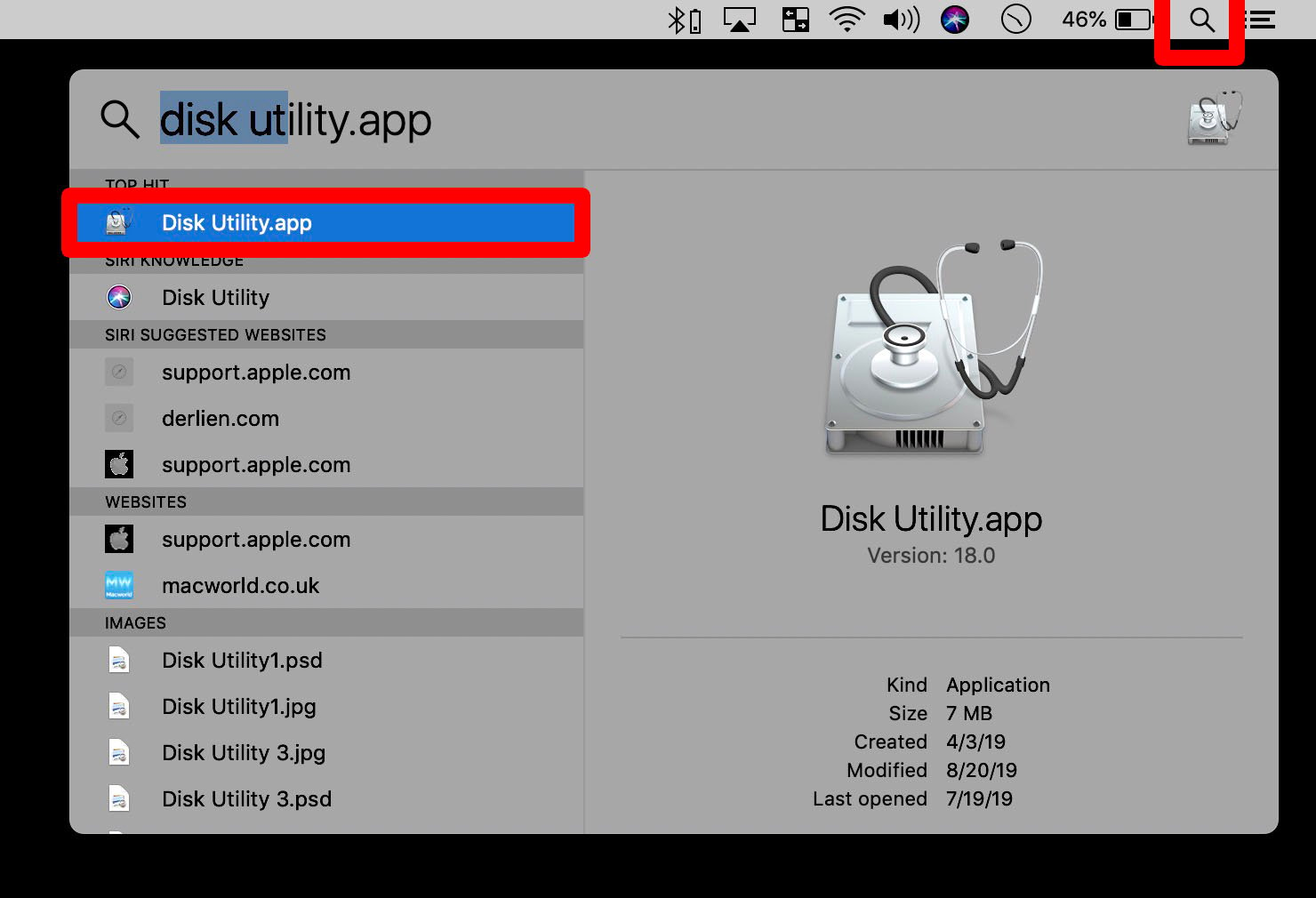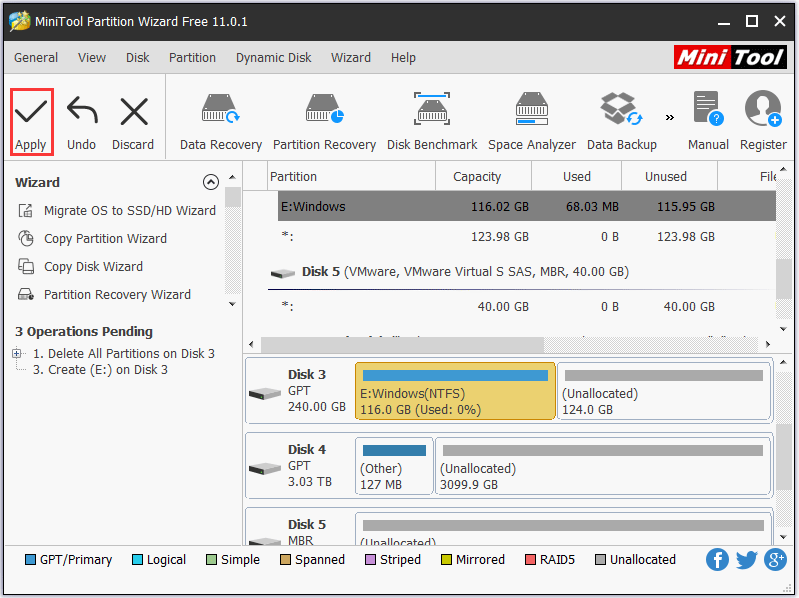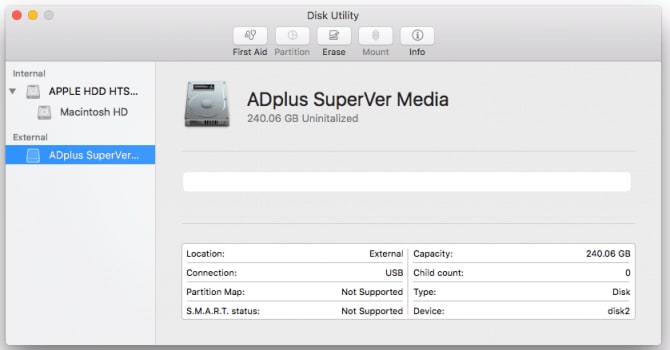

- #Format external hdd for mac and pc how to
- #Format external hdd for mac and pc windows 10
- #Format external hdd for mac and pc Pc
Assuming that your external drive has no partitions, you will need to create two. Partitioning an external drive in MacOS isn’t quite as troublesome. Riley Young/Digital Trends Partition the drive in MacOS Big Sur The result should look something like this: Note that you don’t need to specify a volume size.

This time, however, choose exFAT as the file system during step 6, which you’ll use to share files with MacOS.

Right-click on that unallocated space and repeat step 1 to step 6. In Disk Management, the external disk should list one new volume - “Windows 10” in our example - and a second portion with unallocated space. Step 7: Click the Finish button to complete. Also enter a volume label (drive name - we used “Windows 10,” though you can label this partition with anything.
#Format external hdd for mac and pc Pc
Since your primary PC is Windows 10, use NTFS. Step 5: Allow the Wizard to assign a drive letter, or manually assign the letter using the drop-down menu. In our scenario, we’re dividing a 1TB SanDisk Ultra solid-state drive. Type that number into the field next to Simple Volume Size in MB and click the Next button to continue. Step 4: Since we’re creating two partitions, divide the listed physical number in half. Step 3: The New Simple Volume Wizard begins. Step 2: Right-click on the unallocated space, and select the New Simple Volume option on the pop-up menu, as shown below. If you didn’t get the pop-up warning, move on to Step 2. If you accidentally closed the pop-up, right-click on the listed disk and select Initialize Disk on the pop-up. Select the partition style and click the OK button to continue. GPT is a newer format supporting larger capacities but isn’t compatible with older versions of Windows. The former is older and only supports capacities up to 2TB, but is compatible with older versions of Windows. If you see an Initialize Disk pop-up window, it provides two formats: Master Boot Record (MBR) and GUID Partition Table (GPT). It won’t even have an assigned drive letter in File Explorer (This PC), and may not even have allocated space for saving data. That means it’s not formatted correctly to work with Windows. However, you may encounter a “Not Initialized” error when connecting the device to your PC. Typically, external drives are formatted out of the box.
#Format external hdd for mac and pc windows 10
Windows 10 lists optical drives differently. Windows 10 typically lists an external drive as Disk 2 along with the next successive alphabetic label if you don’t have any other internal disk-based storage. If your PC has a secondary “data” drive (D:), Disk Management assigns it as Disk 0. Your PC’s primary boot drive (C:) hosting Windows and other programs appears as Disk 1. Step 1: Right-click on the Start button and select Disk Management on the Power User menu. The process is less straightforward in Windows than what you see on a Mac, but it’s now easier than ever. But let’s go through the important steps you need to know to quickly partition the drive while working on Windows.
#Format external hdd for mac and pc how to
We have a full guide on how to complete the process from Windows 10 here. We have guides for Windows and MacOS in case you need a helping hand.

Make sure you back up anything important before beginning the formatting process. It’s not the ideal solution - we get it - but it works nonetheless.īefore digging in, select a primary format you’ll use the most: MacOS Extended if you primarily use Mac with a secondary exFAT partition, or NTFS if you mainly use Windows 10 with a secondary exFAT partition.įinally, formatting deletes all data stored on the drive. With all that in mind, our guide splits the external drive in half: One primary section capable of storing files larger than 4GB, and a secondary section capable of sharing files between MacOS and Windows 10. If you want to save larger files, you’ll need to create a second, dedicated space using a format optimized for MacOS (Extended) or Windows 10 (NTFS). That puts you in a peculiar pickle, limiting any shared file between the two platforms at 4GB or smaller. Meanwhile, the NTFS system used by Windows 10 supports large files, but this format can’t be read natively by MacOS. However, this format doesn’t support larger files, which can be problematic for transferring 4K videos and so on between Macs and Windows 10 PCs. It’s a simpler, universal method if every file you store is less than 4GB in size. Leo Watson/Digital Trends It’s a split, niche scenarioĪ quick Google search may lead you to believe you’re on the right path by formatting the entire drive with Extensible File Allocation Table, or exFAT.


 0 kommentar(er)
0 kommentar(er)
